Classics School Trip To Athens, Delphi, Olympia, Pylos & Tolon | Multi Centre Tour
From the Parthenon to Mycenae, this packed 8-day Classics tour itinerary brings to life the rich history and mythology of the Greek Classical world for primary and secondary school students. We take care of all the planning so you can enjoy and inspire on your Classics school trip to Athens, Delphi, Olympia, Pylos and Tolon.
Highlights
Iconic Delphi with space to explore
Ruined temples of Olympia
The Mycenaean remains of Nestor’s Palace
Epic Spartan relics at the ancient town’s museum
Pangbourne CollegeWe were exceptionally well looked after. During the booking process, the sales staff were very helpful, very patient, always in listening mode and ever willing to find out crucial details and get back promptly. The operational staff put together a tour that worked seamlessly.
Suggested itinerary
What's included*
*Please note, entrance fees where applicable are not included in typical price – contact us for more details
Recommended excursions
Explore the temples and sculptures of this iconic monument with your group, building up a picture of ancient Greek society and gaining an insight into the role of religion. The Parthenon is the most important surviving building of classical Greece. This beautiful temple, with its decorative sculptures, was built to honour the goddess Athena.
Opened in 2009, this spectacular modern glass and concrete building at the foot of the ancient Acropolis, houses sculptures from the golden age of Athenian democracy. Its five levels are bathed in natural light and sections of glass floor show the archaeological excavations.
Tip: It was built in part to provide a home for the return of the Parthenon Marbles from the British Museum.
A visit to the largest archaeological museum in Greece provides inspiration for student enquiries into ancient Greek art. The imposing neoclassical building is home to more than 11,000 exhibits. It was founded at the end of the 19th century to house and protect antiquities from all over Greece, displaying their historical, cultural and artistic value.
This compilation of powerful scenes from well-known tragedies by Aeschylus, Sophocles and Euripides is followed by a discussion with the actors and director. The performance can be combined with a workshop to create an ancient Greek Mask (which can be taken away) or a seminar on ancient Greek costume.
This Byzantine monastery is one of the greatest buildings of medieval Greece. It is known for its gold mosaics, wall paintings of the Katholikon church, and 11th century frescoes in the crypt. After wandering through its domed churches, built of red brick and stone, your group can relax among the almond trees on the beautiful slopes of Mount Helon.
With its magnificent theatre, Temple of Apollo and ancient ruins, Delphi was, at one time, considered the centre of the earth and the universe, playing a key role in the classical Greek world. A visit to the ruins of the Treasury at Delphi reveals the importance of the ‘central bank’ of Ancient Greece, as well as showing architectural tastes of the time.
Students get an unforgettable insight into Delphi’s heyday at this important archaeological museum. Its centrepiece is the collection of antiquities found in the complex of the ancient Oracle of Delphi. Spectacular finds include the Bronze Charioteer, the Naxian Sphinx and the Statue of Antinoos.
An educational tour to the ancient ruins of Olympia will help your students understand the importance of the first Olympic Games, held in honour of Zeus. Marvel at colossal statues, ruined temples and resplendent villas, bringing to life the words and pictures from textbooks. A tour of the site sparks enquiries into architectural styles and classical history.
Pylos, is dominated by a monumental structure known as Nestor’s palace. Built in the Late Bronze Age, this is the best preserved of the existing Mycenaean palaces, consisting of 105 ground floor apartments. The most important compartments are the big throne room, with its circular heath, a room with a clay bath tube, and stores with numerous storage jars.
The town of Sparta lies at the heart of the Evrotas Valley, surrounded by olive and citrus groves. Steeped in myths and legends, it is a must-visit stop on your classical studies trip to the Peloponnese. Discover thousands of Spartan relics, dating from the Neolithic age to the late Roman period, at the town’s fascinating archaeological museum.
Visit heavily fortified Mystras on your educational tour to the Peloponnese, and discover the importance of defence in the construction of ancient settlements. The town was a prosperous Byzantine capital in the 14th and 15th centuries, but remained inhabited throughout the Ottoman period, when it was mistaken by Western travellers for ancient Sparta.
The original capital of Greece, nestling on the coast of the Argolic Gulf, Nafplio boasts three castles for students of ancient civilisation to explore. They can learn the story of the Venetian fortress of Bourtzi, set out in the harbour to protect the city from invaders. Enjoy the pretty town’s ancient walls and Ottoman fountains.
This idyllic resort, not far from Nafplio and Epidavros, can provide a welcome bit of rest and recreation in between touring the historical sites of the area. The long sandy beach faces a wide bay dotted with islets and fringed with the mountains of the peninsula to the east, with boat trips available. Photo © Moriya Halon.
When your students hear the quality of the acoustics at Epidavros, they’ll be blown away. Drop a coin in the centre of this astounding theatre to demonstrate just how good they are. Then discuss the architectural skills and importance of theatre in Greek society. Photo © Andrew Baldwin.
As Greece’s dominant city for 500 years, there’s a wealth of opportunity for educational tours in Mycenae. Witness the monumental Lions Gate and the Necropolis and discover the amazing findings of the archaeological digs that have taken place here.
Boasting ancient baths, the Temple of Hephaestus and a collection of Roman remains, a visit to ancient Corinth is a chance for students to expand their appreciation of the classical world. Visit the deep and narrow Corinth canal, which so many ancient rulers attempted – and failed – to build. Neolithic pottery suggests that the site of Corinth was occupied from at least as early as 6500 BC.
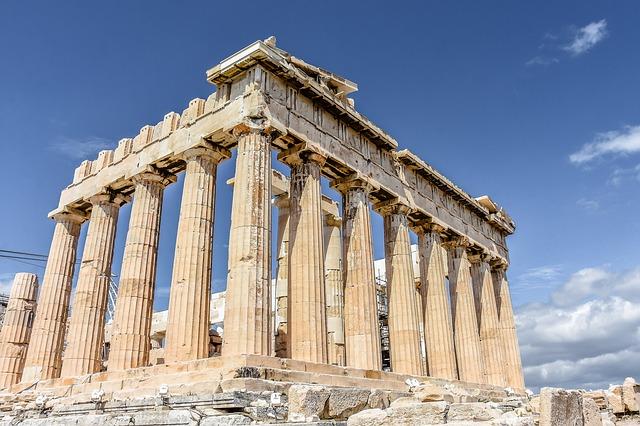
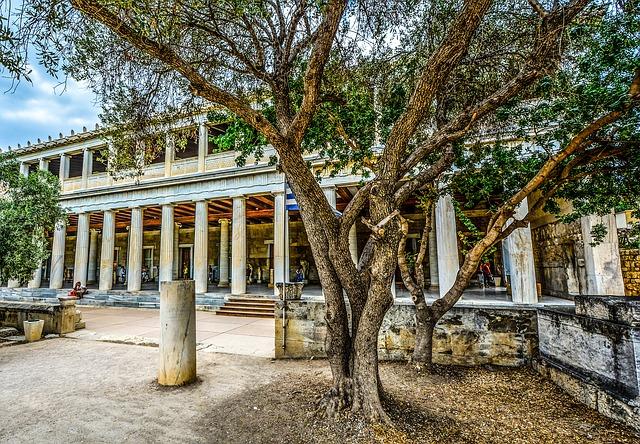
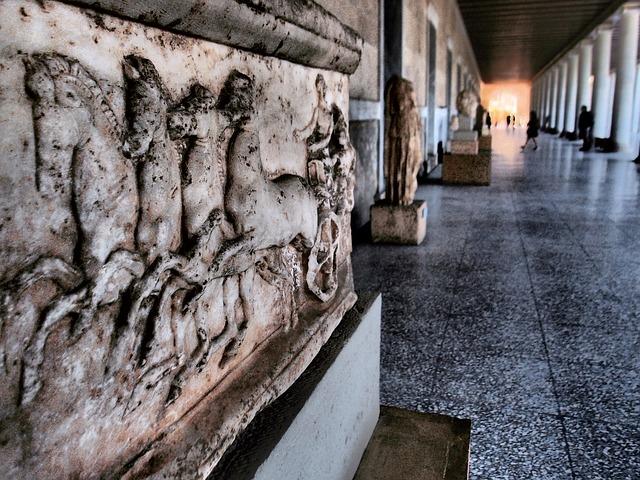
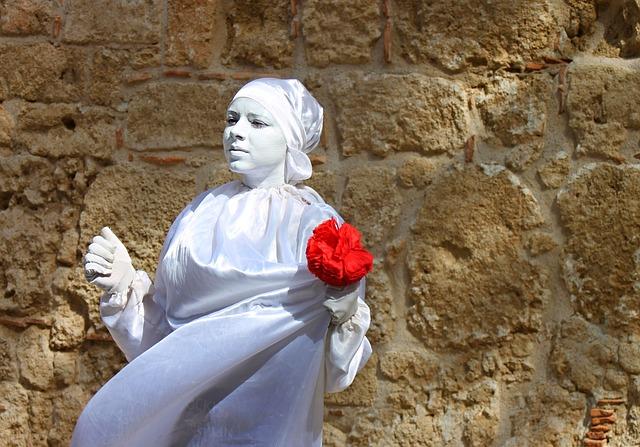
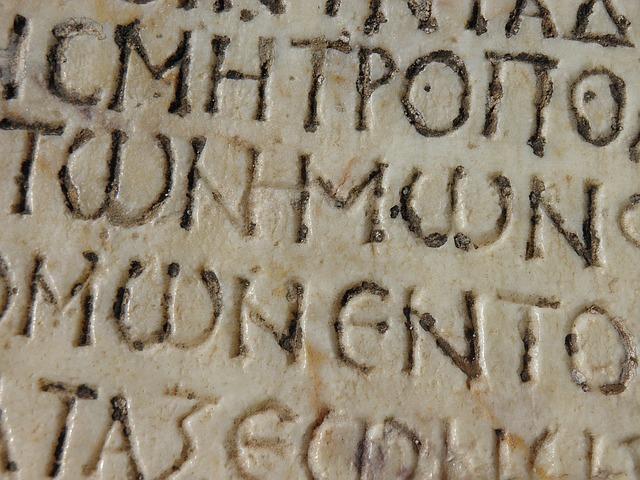
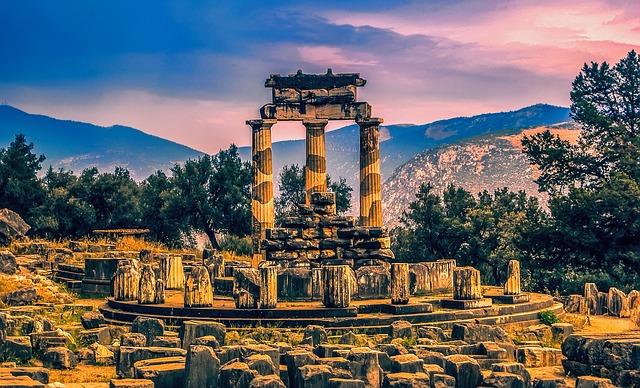
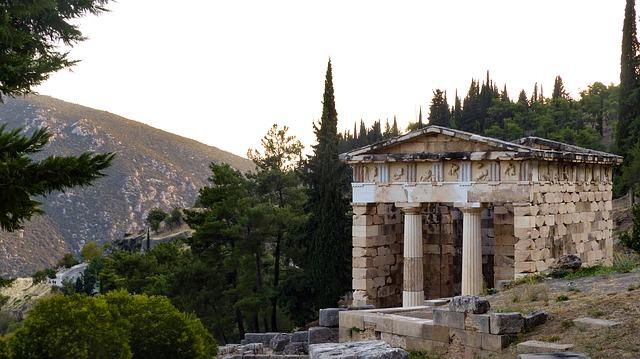
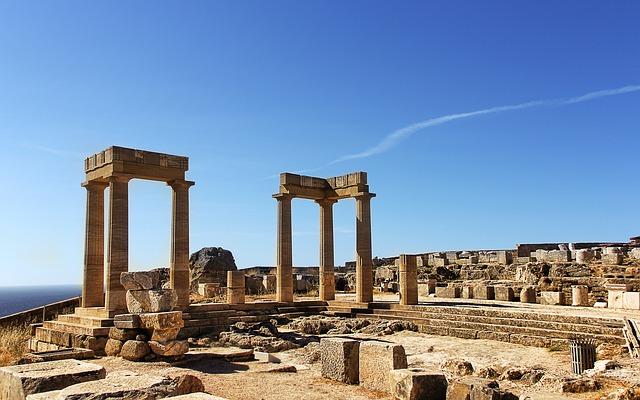
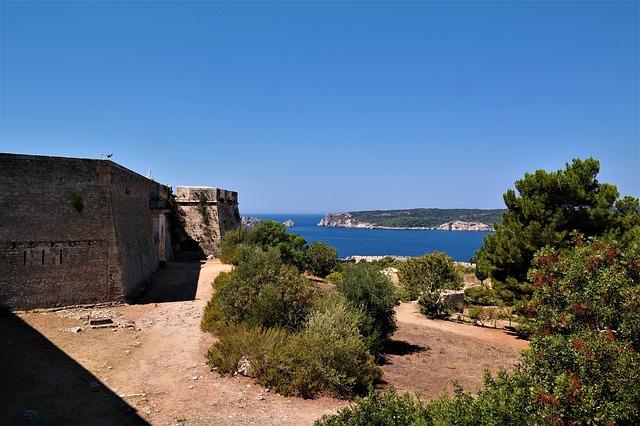
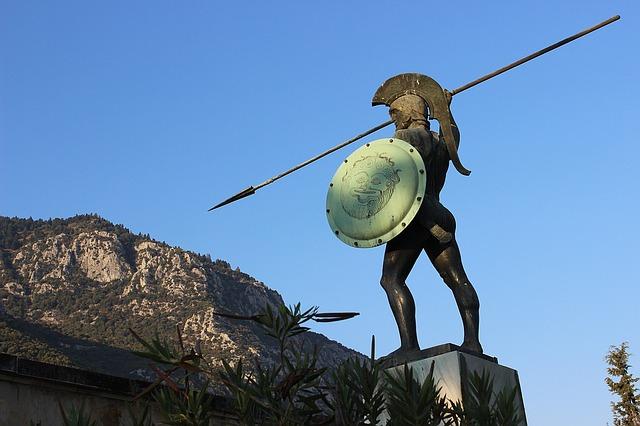
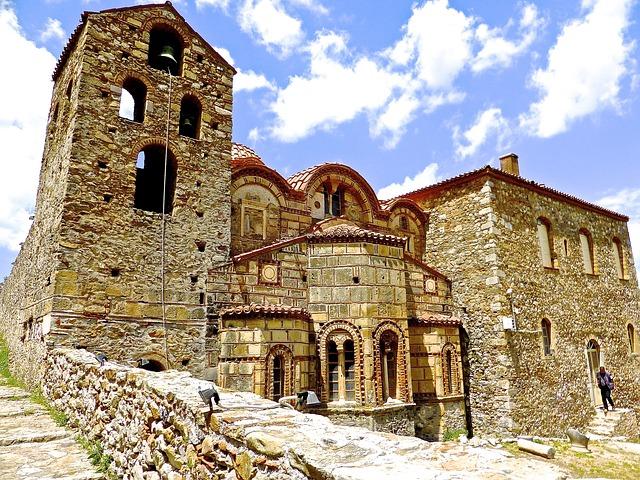
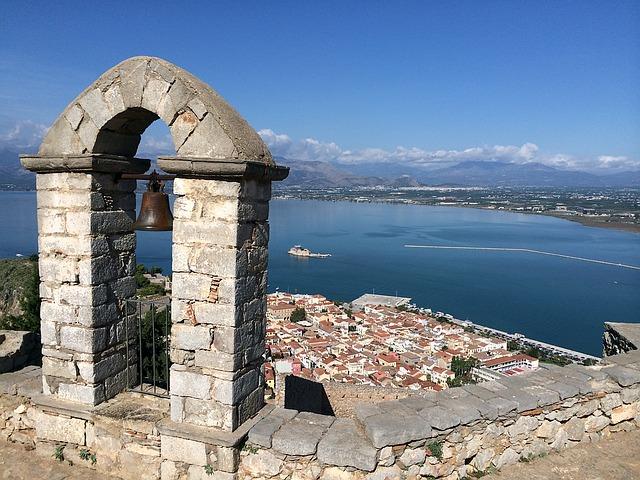
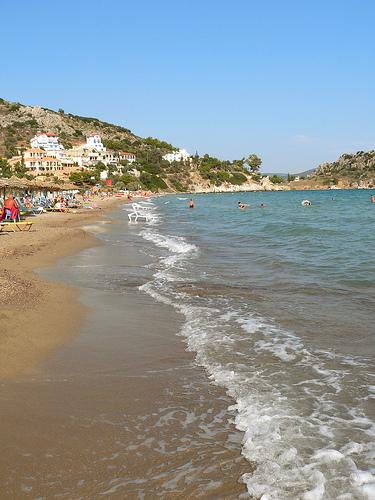
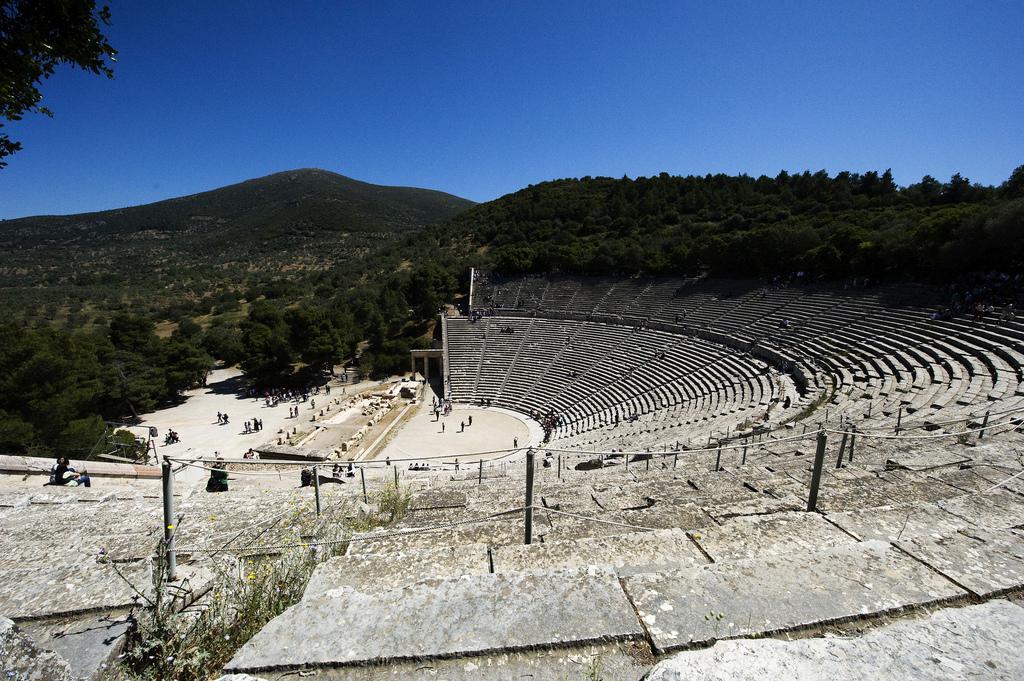
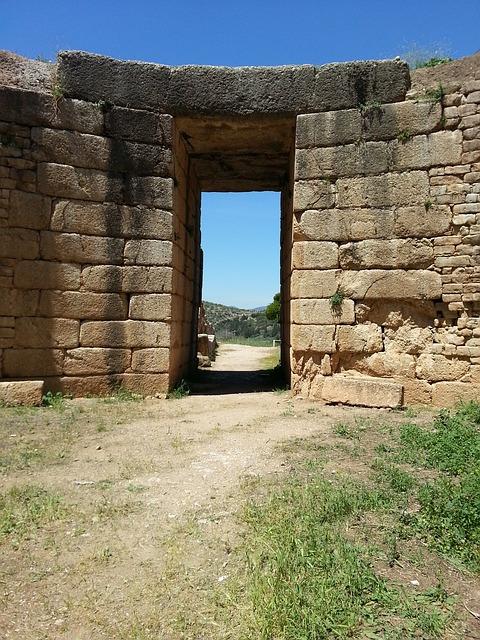
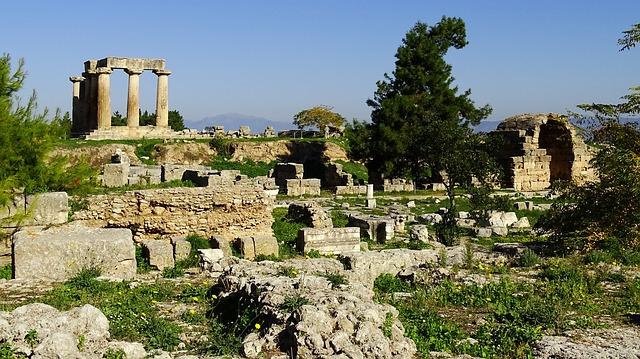
Typical accommodation

We work with a number of different hotels in Athens, Delphi, Olympia and Pylos. Hotels are usually 3-star standard and all rooms have private facilities. Students are generally accommodated in three or four-bedded rooms.
Adults in twin share. Single rooms at a supplement.

In the resort of Tolon, we work with the family-owned Minoan Hotel Group. Hotels are 2 or 3-star standard and all rooms have private facilities. Students are usually accommodated in three or four-bedded rooms.
Adults in twin share. Single rooms at a supplement.
The hotel name in Tolon will be allocated to the group a few weeks before departure.


